- Cyril Ramaphosa, in his capacity as ANC president, has written off this week’s multiparty pact to unseat his organisation.
- The ANC leader said no political formation in the country had the reach of his party.
- Ramaphosa added that his national government would intervene more at local level to improve service delivery.
A “sideshow” is how President Cyril Ramaphosa described the multiparty “moonshot pact” coalition agreement, adding that his party, the ANC, would get an outright majority in the 2024 elections.
On Saturday, Ramaphosa, in his capacity as ANC president, rebuffed the DA, ActionSA, IFP, and Freedom Front Plus-backed coalition agreement during his visit to the party’s Johannesburg region, as part of his organisation’s national working committee visit to Gauteng this weekend.
This week, the DA, ActionSA, IFP and Freedom Front Plus – together with other smaller political formations – held what they called a “national convention” and agreed to form a coalition government should they break the 50% barrier and unseat the ANC at next year’s national and provincial elections.
READ | Make the circle bigger: 51% election poll target forces moonshot pact to widen alliance
But Ramaphosa dismissed the new-found pact, saying parties were entitled to hold conferences, adding that those political organisations would not “amass the support that the ANC has”.
“Parties that want to, as they say, unseat the ANC – it’s a sideshow to us,” Ramaphosa asserted. He added:
There’s no organisation that has as much reach to the people of South Africa as the ANC has. That is why we are confident in saying we are working for [electoral] victory. So, this issue of a defeatist approach – that we are going to be in coalitions – is far from our thinking.
The ANC top brass’s visit to Gauteng follows fears it could lose the province, which has a one-seat majority following the 2019 general elections.
Ramaphosa said his national government would be more involved in local government service delivery, for example, his June visit to Tshwane following the cholera outbreak that killed more than 30 people in the metro.
The outbreak was caused by filthy water in Hammanskraal owing to the incomplete refurbishment of the Rooiwaal water treatment plant.
Ramaphosa contended that “devolving [implementation] powers” to local governments resulted in service delivery failures.
“Local governments, for a host of reasons, have not been able to execute some of those tasks. It is for this reason that, at a national [government] level, we’re going to use legislative instruments to enable us to work more closely with local governments and to intervene, so that we can improve the lives of our people,” he said.


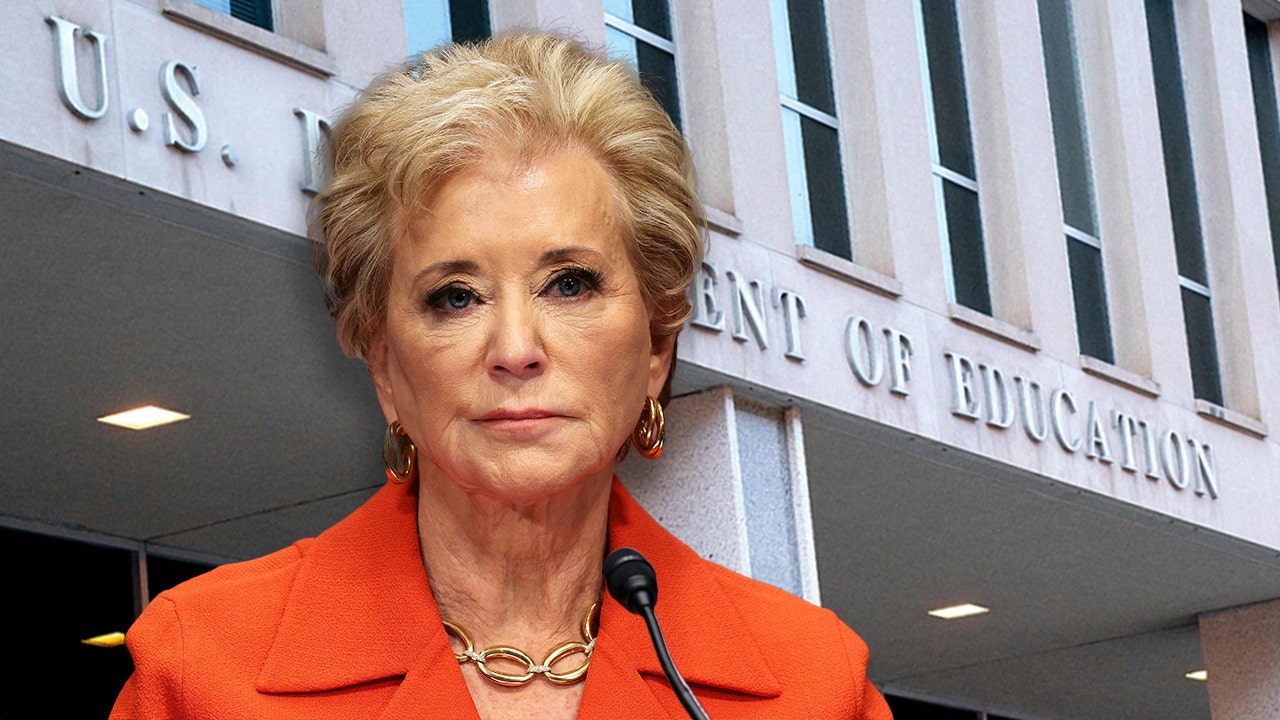


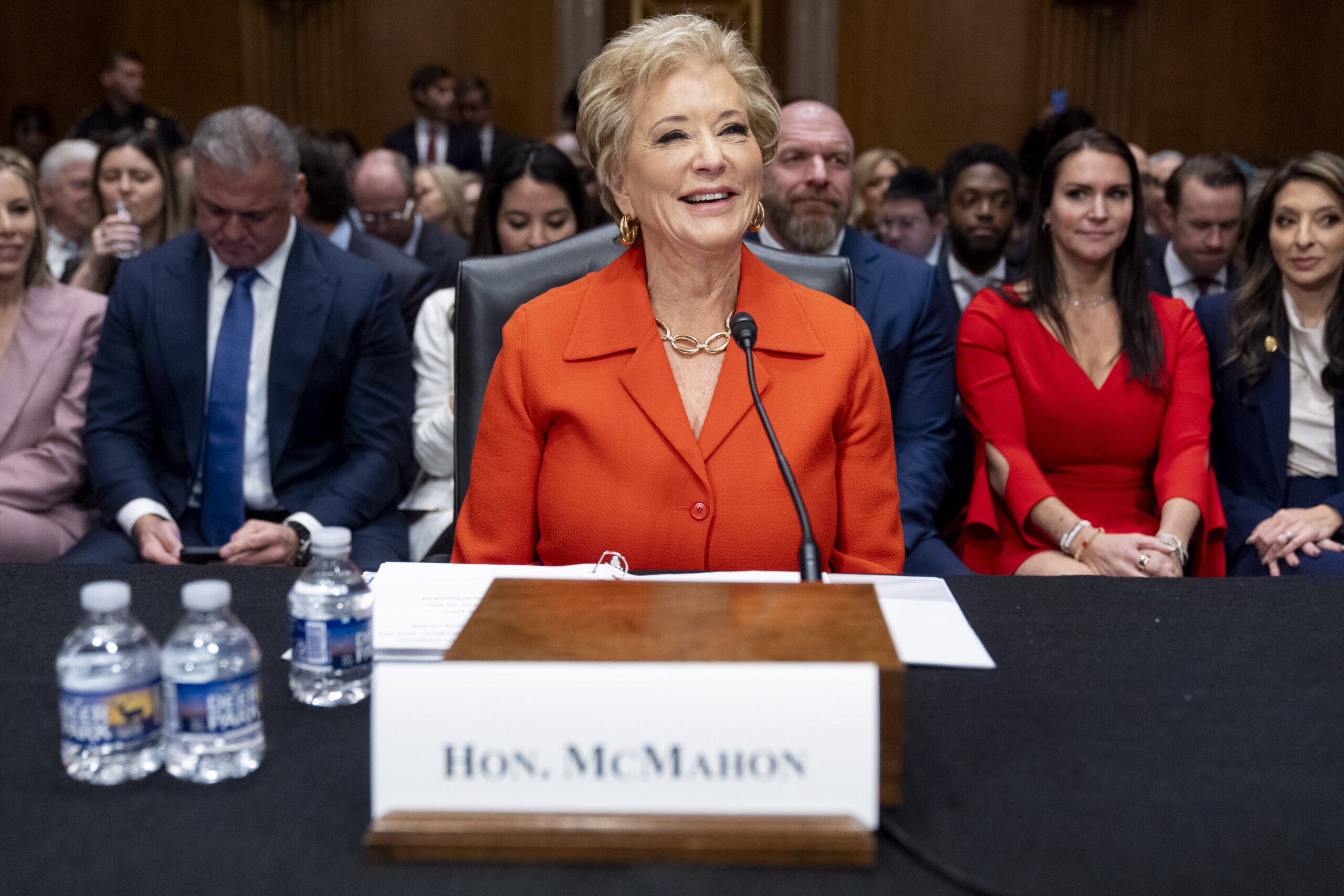


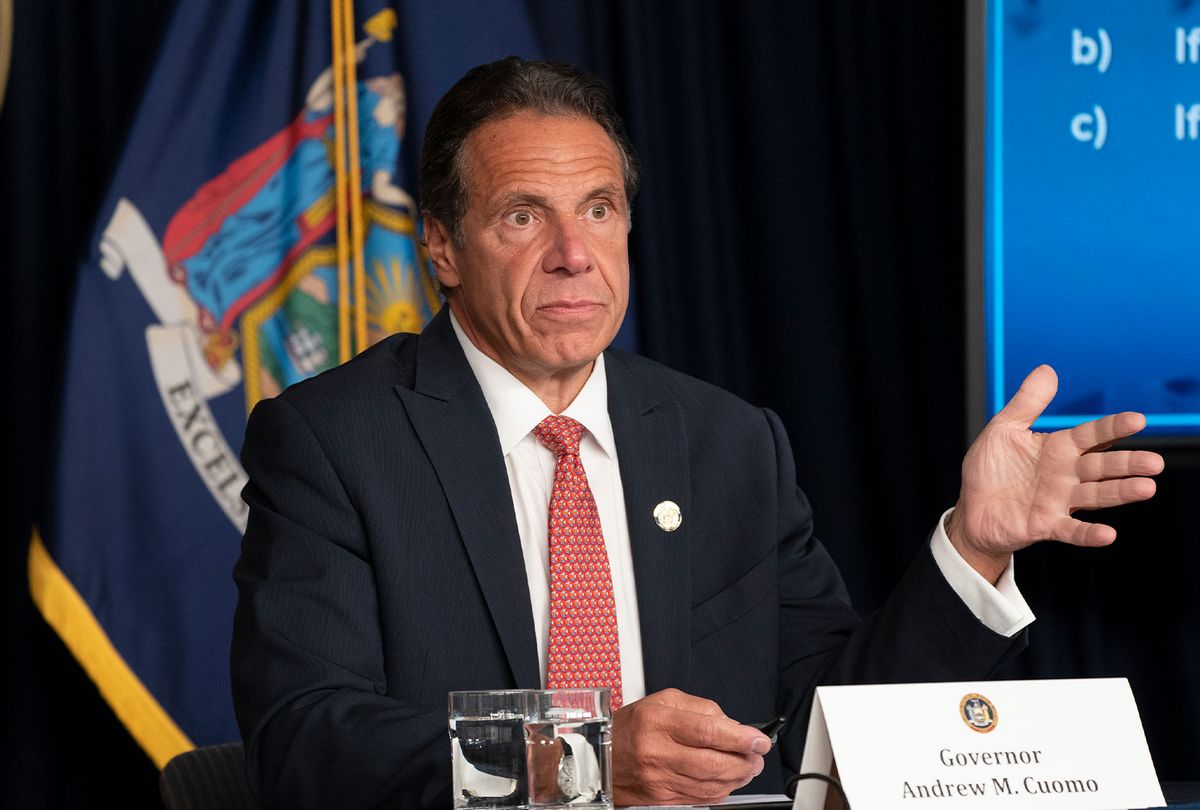

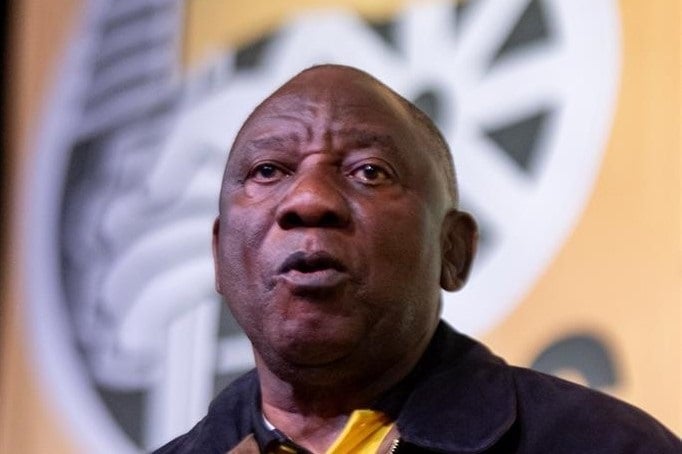


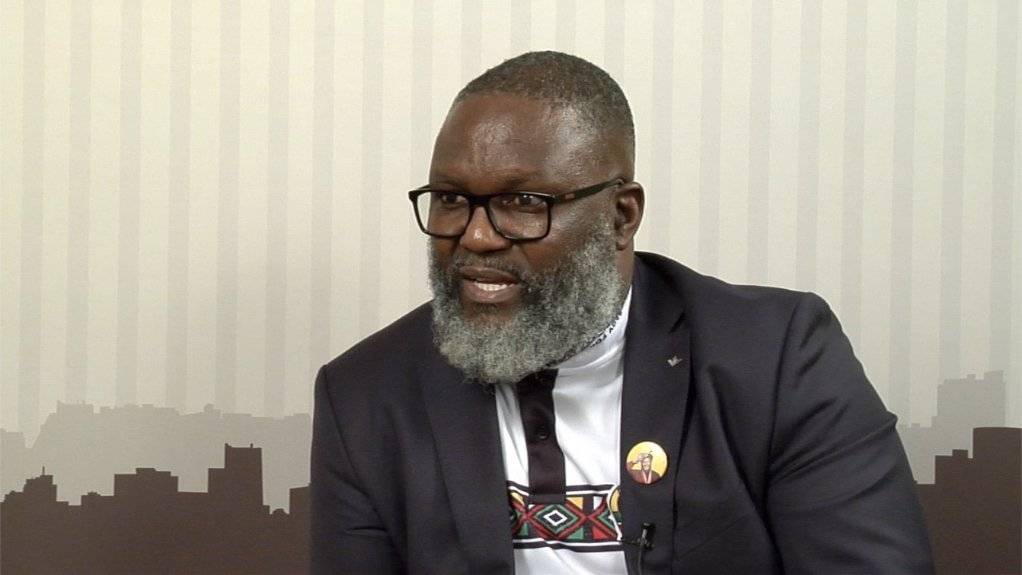


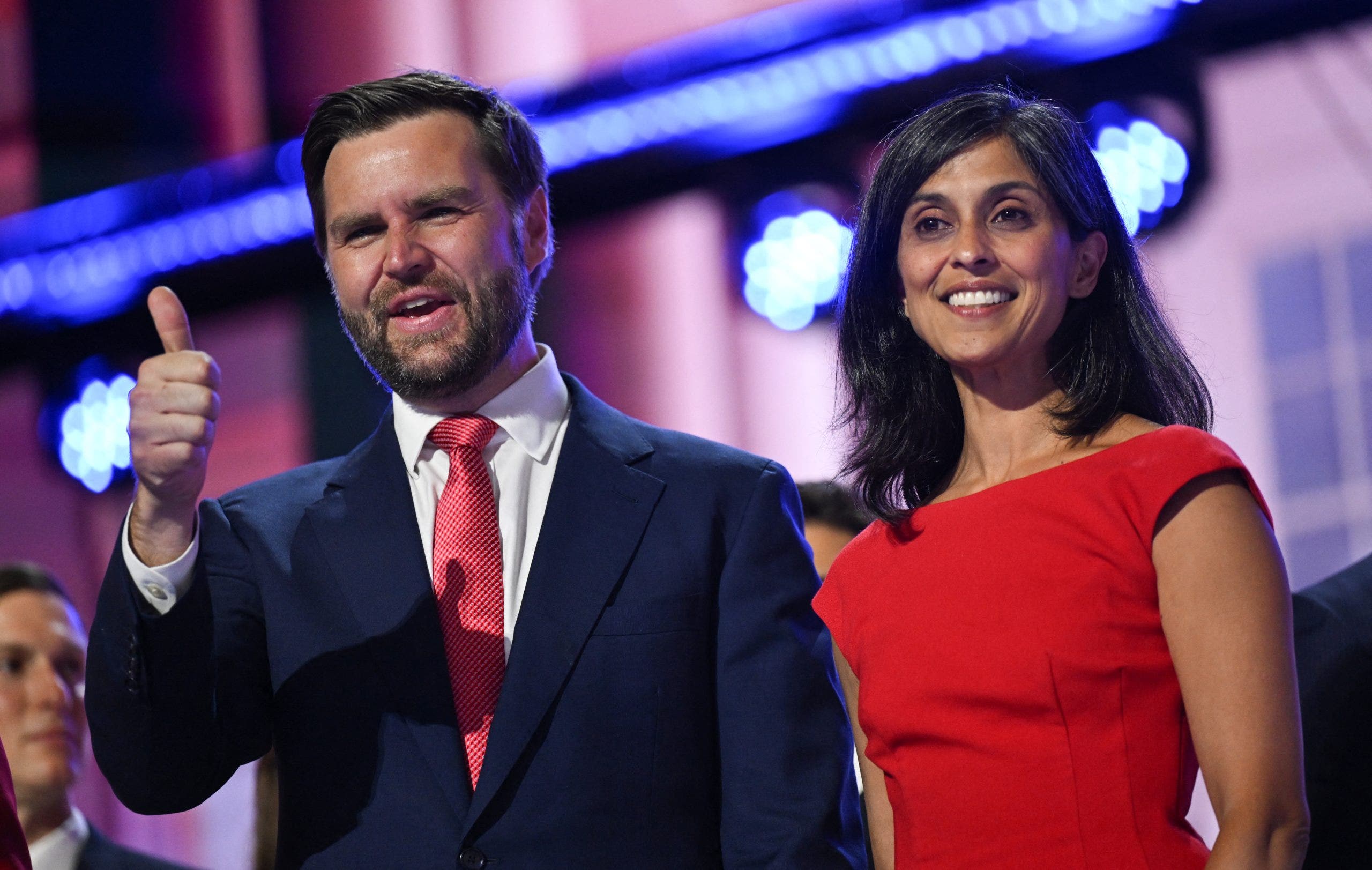

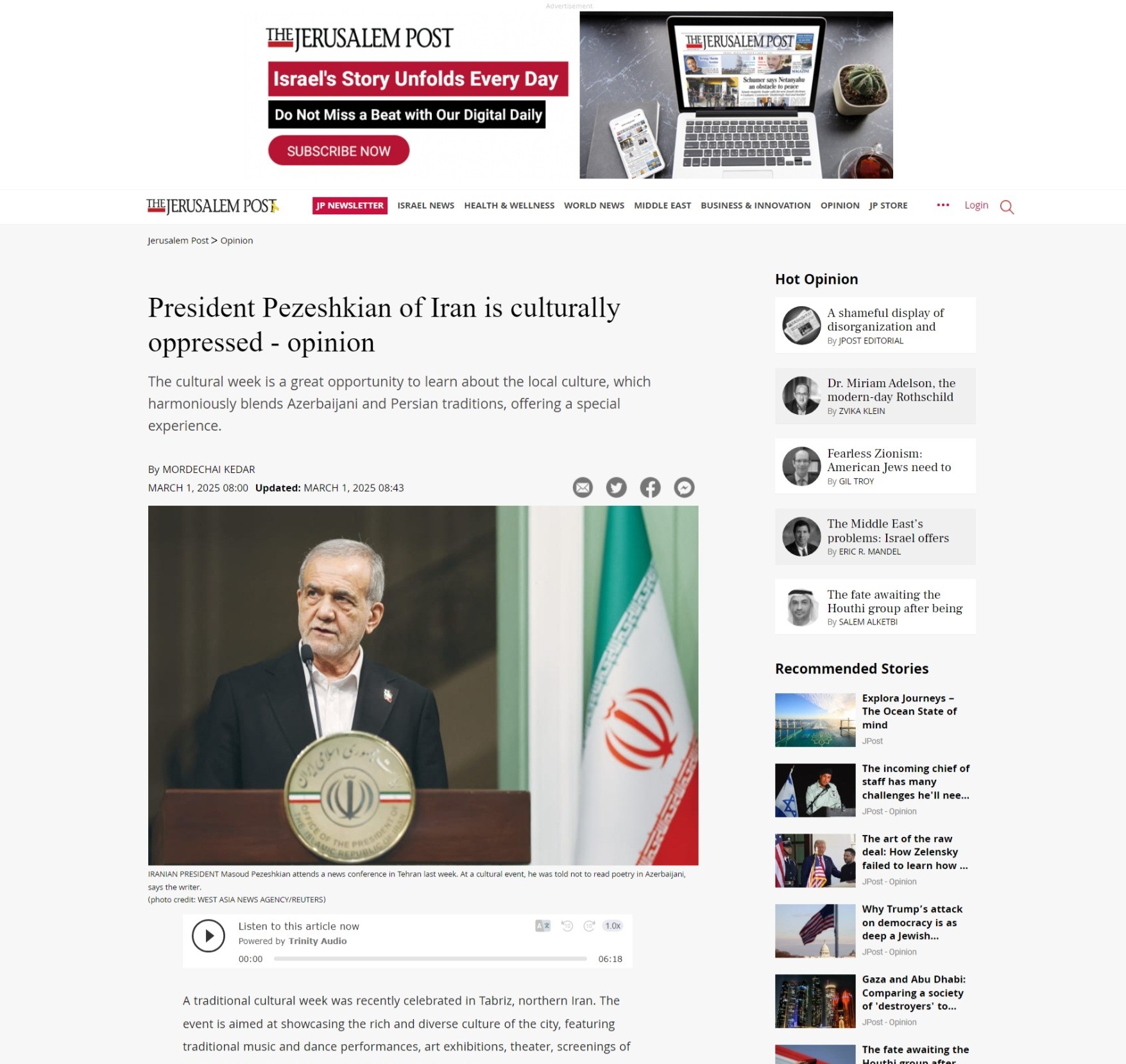


Discussion about this post